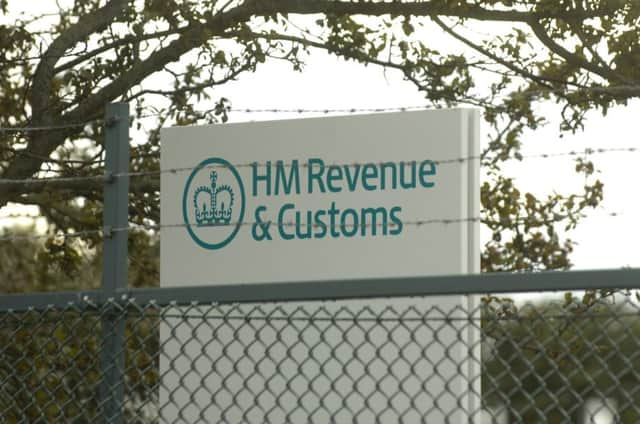HMRC closures could see loss of 2,500 Scots jobs


First Minister Nicola Sturgeon is seeking urgent talks with the UK government after plans emerged to amalgamate HMRC’s current network of 18 offices into two major hubs in Glasgow and Edinburgh as part of a cost-cutting driveover the next decade.
The announcement also raised fears that it will be harder for firms outside the central belt to secure a “positive” tax regime under the overhaul which HMRC has said will save about £100 million a year.
Advertisement
Hide AdAdvertisement
Hide AdLast night Ms Sturgeon said: “These job losses are of significant concern and I am deeply concerned about it.
“We could potentially be looking at job losses that will run into the thousands, and that’s particularly concerning given that, unlike the Scottish Government, the UK government doesn’t have a policy of no compulsory redundancy in the public sector.
“I will now be seeking urgent talks with the UK government to discuss these plans in more detail and see what we can do to mitigate this, and I would certainly hope to persuade the UK government that what they are planning and the impact that is going to have on jobs is the wrong thing to be doing.”
The moves are part of swingeing programme of UK-wide cuts.
HMRC will close most of its existing offices in Scotland by 2020-21, as it moves most employees into the new regional centres. It is feared about 2,500 jobs could go. But HMRC insist it will still mean 12 per cent of its workforce is based in Scotland which is proportionately more than Scotland’s 8.5 per cent UK population share.
Its base at Queensway House, East Kilbride, will not close until 2025-6, but bases in Inverness, Aberdeen and Dundee will all go. It is expected between 2,300 and 2,600 staff will work in the Edinburgh regional centre and between 3,400 and 3,700 in the Glasgow centre.
Lin Homer, HMRC’s chief executive, said: “HMRC has too many expensive, isolated and outdated offices. This makes it difficult for us to collaborate, modernise our ways of working, and make the changes we need to transform our service to customers and clamp down further on the minority who try to cheat the system.
“The new regional centres in Glasgow and Edinburgh will bring our staff together in more modern and cost-effective buildings in areas with lower rents. They will also make a big contribution to the Scottish economy, providing high-quality, skilled jobs and supporting the government’s commitment to a national recovery that benefits all parts of the UK.”
Pro-Union parties had highlighted the reliance on HMRC jobs in appealing for a No vote in last year’s independence referendum.
Advertisement
Hide AdAdvertisement
Hide AdLast night SNP Westminster leader Angus Robertson tweeted: “Remember Scottish Labour claimed HMRC jobs safe with an #indyref No vote. They’re not.”
Across the UK, HMRC is planning to close 137 offices, with 13 new regional centres being opened.
Lynn Henderson, Scottish Secretary of the PCS union, said: “It will have a big impact on people whose offices aren’t in the central belt and can’t travel to work in Glasgow or Edinburgh down the line.
“It will have an even bigger impact on communities and local businesses not having a tax office in your community makes it harder to have a positive tax environment.”
Labour’s shadow Scottish secretary Ian Murray called for the job losses to be halted.
“These job losses will be a devastating blow not just for the individuals concerned, but for the communities where HMRC has been a major employer for decades.
“Every effort must be made to stop these job losses.
“These cuts will put HMRC under even more pressure at a time when more and more resources are needed to crack down on tax evasion and avoidance.”